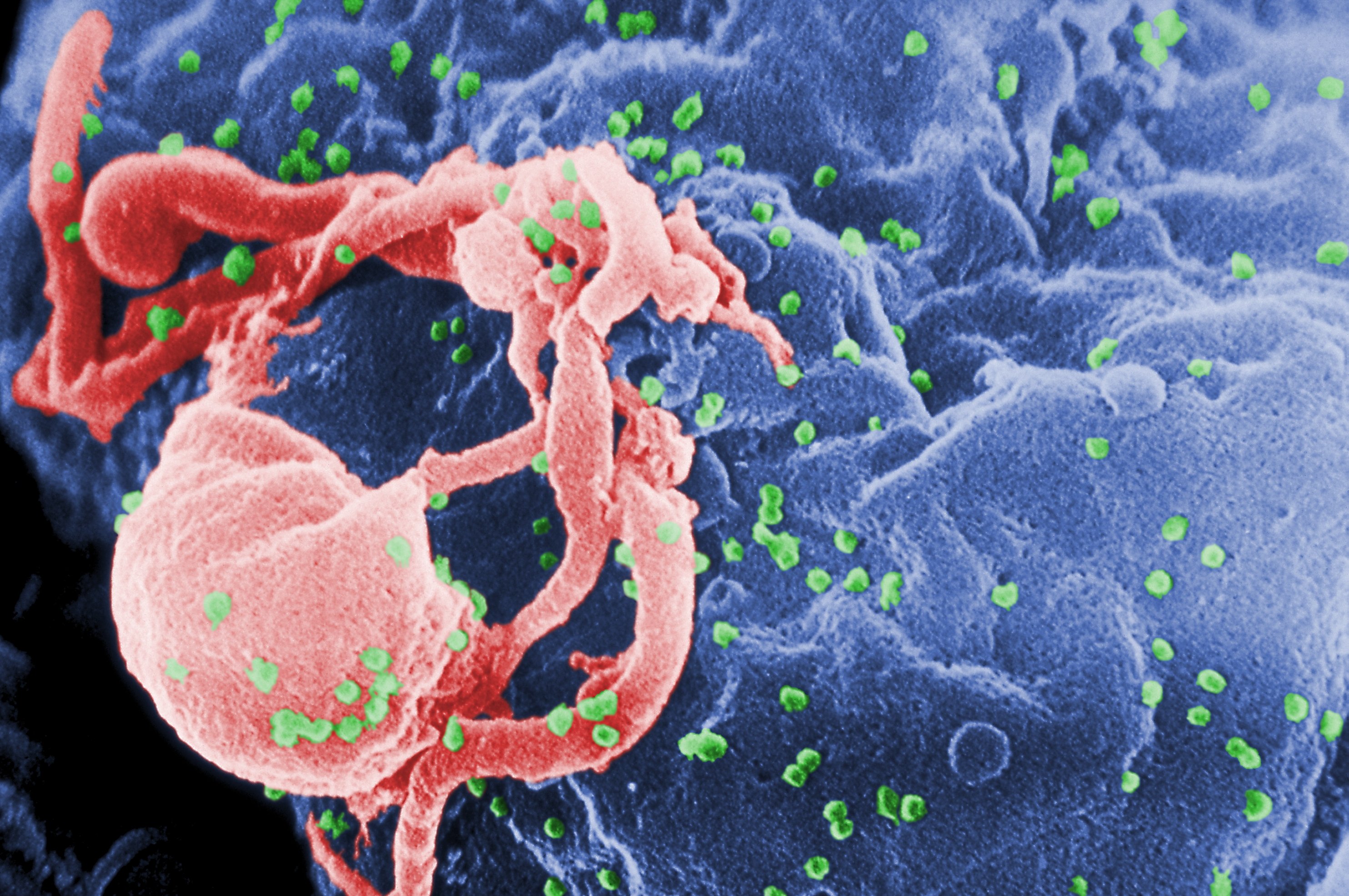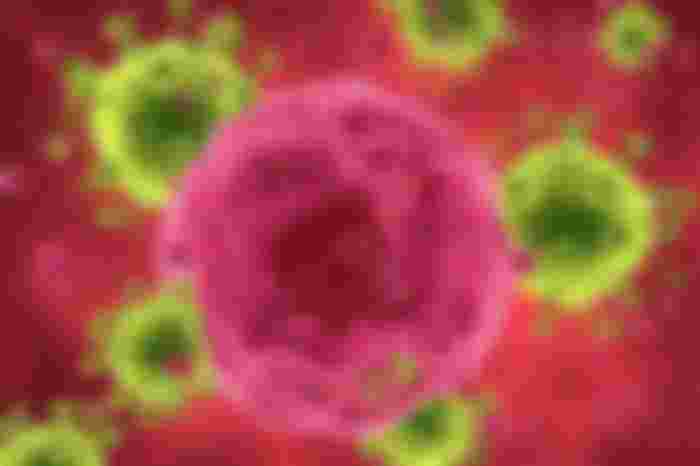What is HIV and how to protect yourself

HIV, which stands for Human Immunodeficiency Virus, is a virus that attacks cells in the immune system, specifically CD4 cells, also known as T cells. Over time, HIV can destroy so many of these cells that the body can no longer effectively fight off infections and diseases. This leads to a weakened immune system, making individuals more susceptible to various illnesses and conditions.
HIV is primarily transmitted through specific body fluids such as blood, semen, vaginal fluids, rectal fluids, and breast milk. The most common routes of transmission include unprotected sexual intercourse with an infected partner, sharing needles or syringes with an infected person, mother-to-child transmission during childbirth or breastfeeding, and rare cases of occupational exposure (i.e., healthcare workers coming into contact with infected blood).
To protect yourself from HIV, it is important to take the following preventive measures:

Practicing safe sex: Use condoms consistently and correctly during vaginal, anal, and oral sex. Consider using additional forms of protection such as dental dams or PrEP (Pre-Exposure Prophylaxis) for extra protection.
Avoid sharing needles: If you inject drugs, avoid sharing needles, syringes, or any drug paraphernalia with others.
Get tested: Knowing your HIV status is crucial. Regularly get tested, especially if you're sexually active or have engaged in high-risk behaviors. Early detection can lead to better management and treatment options.
Consider preventive measures: If you're at a higher risk of HIV infection (e.g., having unprotected sex with an infected partner), you may consider taking PrEP, a medication that can help reduce the risk of contracting HIV.
Opt for medical interventions: If you're pregnant and living with HIV, seeking prenatal care and using appropriate medical interventions can significantly reduce the risk of transmitting HIV to your baby.

Encourage safe blood practices: Ensure that any blood transfusions or medical procedures involving blood follow proper safety protocols to prevent HIV transmission.
Promote awareness and education: Spread accurate information about HIV/AIDS through education and support initiatives, combating stigma and discrimination associated with the virus.
Remember, protecting yourself from HIV involves a combination of safe practices, regular testing, and making informed decisions about your health. It's always a good idea to consult with healthcare professionals or HIV/AIDS organizations for personalized advice and guidance.

